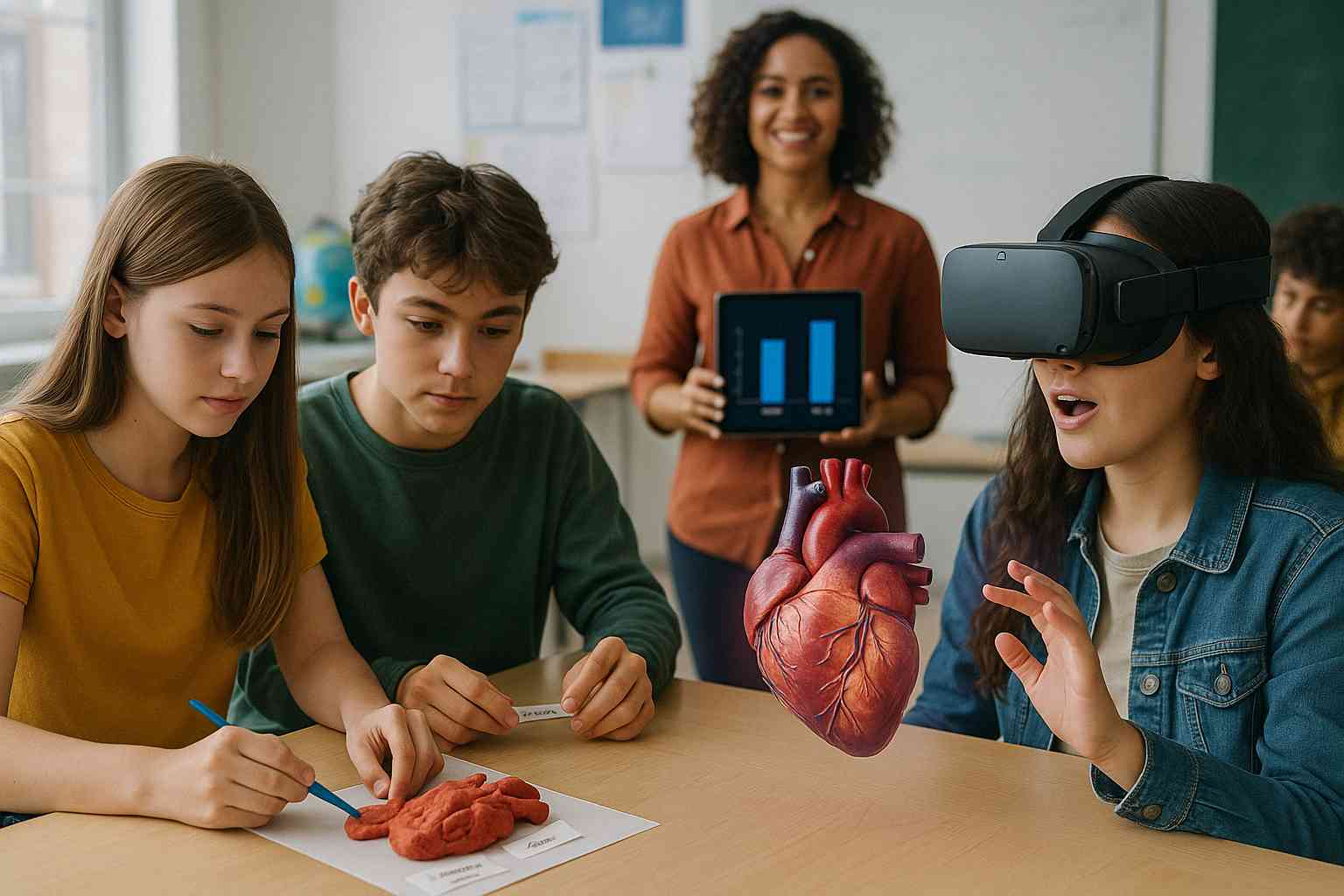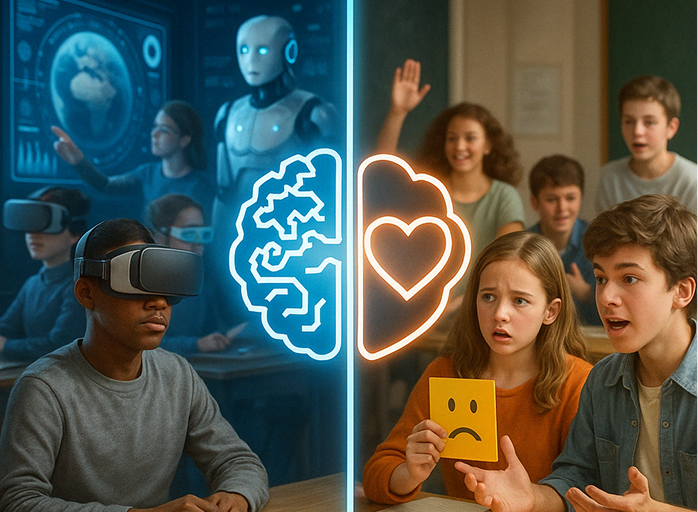
Picture the class of 2035. Some graduates will work in industries that do not yet exist; others will watch today’s “dream jobs” disappear beneath waves of automation. In this climate, students need a transferable toolkit—skills that pivot as quickly as the labour market. At the top of that list sits communication: the art of structuring a clear argument, listening without bias, and sparring respectfully in high-pressure moments. When schools weave debate drills into everyday lessons, they give learners a professional edge that no algorithm can replace.
Why Traditional Lessons Leave a Gap
Static content: Slides and worksheets rarely force students to defend an idea in real time.
One-direction feedback: Teachers talk; pupils absorb. Employers, meanwhile, demand two-way collaboration and agile thinking.
Rapid change: A curriculum updated every few years cannot keep pace with emerging roles in biotech, AI, or immersive-tech marketing—yet persuasive language is evergreen.
Meta-Skills vs. Soft-Skills: The Layered Approach
Meta-skills (adaptability, resilience) form a learner’s core operating system.
Soft-skills (public speaking, negotiation) are the applications that run on top.When meta-skills are strong, students install new soft-skills—like advanced debate techniques—faster and with deeper retention.
The “Role-Reversal Debate” Blueprint
Divide and assignTwo balanced teams receive a provocative statement—“Single-use plastics should be banned worldwide.” Each team must champion one side, even if members disagree personally.
Rapid-research sprintTen minutes to outline three bulletproof arguments plus one emotional appeal. Students learn concise research under a ticking clock—mirroring real workplace deadlines.
Live debateOpening statements, timed rebuttals, cross-examination, closing summaries. A student-moderator tracks speaking order and time.
Plot twistMidway, the teacher announces a side-switch. Arguments flip, forcing teams to empathise and discover new evidence fast.
Reflection circleLearners share which stance felt tougher, which persuasive tactics landed, and how empathy reshaped their view. This metacognitive wrap-up cements growth.
Tip for busy teachers: The full cycle fits a 45-minute period when prompts and timers are prepared in advance.
Subject-Specific Integrations
Environmental science: Debate carbon-tax policy after analysing data gathered in a VR physics carbon-capture simulation.
Biology: Argue bioethical pros and cons of CRISPR edits, immediately following a VR biology gene-splicing walkthrough.
Chemistry: After exploring an acid–base titration in a VR chemistry lab, students defend or oppose replacing real reagents with virtual ones to cut school-lab waste.
These integrations prove that argumentation is not an “extra” lesson but a lens through which every discipline becomes more relevant and memorable.
Amplifying Results with Immersive Tech
[caption id="attachment_1721" align="alignnone" width="1024"] XReady Lab VR education: VR Solar System laboratory[/caption]
A single VR classroom session can place learners inside a United-Nations chamber or a televised press-conference set. Real-time voice analysis flags filler words; gesture-tracking visualises confidence levels. Shy students rehearse speeches privately before going live, while extroverts discover pacing and tone control. Because the environment feels authentic, adrenaline spikes—improving memory formation without the social anxiety of a physical stage.
Metrics That Matter
Schools piloting weekly debate battles report:
35 % increase in student-initiated questions during other subjects.
28 % drop in presentation-related absenteeism.
Higher exam scores in evidence-heavy essays, attributed to sharper critical-thinking habits.
When combined with immersive-lab platforms—such as XReady Lab’s interactive-classroom solutions—debate practice also shortens concept-mastery time, because students verbalise and challenge misconceptions on the spot.
Classroom Implementation Road-Map
Start small: One five-minute mini-debate every Monday as a warm-up.
Rotate roles: Moderator, fact-checker, summariser—everyone practices varied communication angles.
Leverage digital tools: Use collaborative docs for argument prep and headset sessions for high-stakes finals.
Archive & reflect: Record debates (with consent) so pupils annotate their own body language and rhetorical choices.
Scale up: Inter-class tournaments or podcast-style public debates boost motivation and school-community engagement.
Final Word
Coding languages evolve, software platforms sunset, but eloquent speech and empathetic listening never go obsolete. By embedding dynamic debate exercises—enhanced with virtual-reality learning modules—educators future-proof students for any yet-to-exist career path. In the chaotic job market of 2030 and beyond, a well-structured argument may be the most valuable currency of all.










